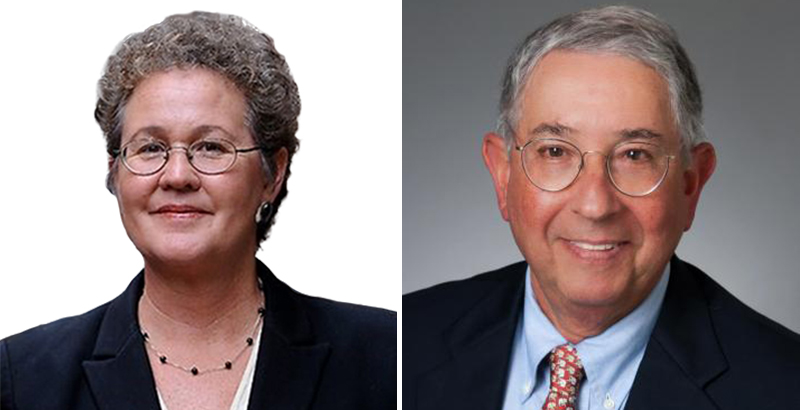Social-Emotional Learning Is Vital — but Needs to Be Measured Correctly and Can’t Usurp Academics, Panelists Say

Washington, D.C.
Social-emotional learning is important for schools to promote, but it shouldn’t come at the expense of academics, and new measures are needed to evaluate how it’s being taught, experts said at a panel Thursday.
Research is increasingly showing that learning is easier in a positive environment than a negative one, and that negative emotions take up brain space that could be used for learning and academics, said Linda Darling-Hammond, president and CEO of the Learning Policy Institute, a think tank. Employers are increasingly looking for critical thinking, executive function and collaboration skills that come from social-emotional learning, she added at the panel, part of the Reagan Institute Summit on Education.
While those skills are undoubtedly important, there’s a danger that emphasizing them pushes out academics, warned Chester E. Finn, distinguished senior fellow and president emeritus of the Thomas B. Fordham Institute.
“I think there’s a risk here … You can be social-emotionally very healthy but not know how to multiply 7 times 12. Let’s not settle for social-emotional health,” he said.
Key social-emotional skills can be infused into more traditional academic work, Darling-Hammond said, pointing to skills like perseverance and resilience when learning to revise an essay, or group work that teaches interpersonal skills.
Like anything in education, the key will be evaluating how well these essential skills are being taught.
“The question really is, because the answer is so clear [on the need for students to have social-emotional skills], how do we learn how to measure these things,” said Marc Sternberg, K-12 education program director at the Walton Family Foundation.
Measurements are being developed now, Darling-Hammond said.
A group of big-city districts in California known as the CORE, for instance, are working to measure social-emotional learning via observational scales completed by teachers. But that’s often cumbersome for educators, she said.
Many districts are using surveys of students and staff, which are considered more valid than the teacher-input systems, she added.
“We need to kind of sort our way through this process,” she said.
A lot more work needs to be done in this realm, Finn said, adding that “we barely have fully satisfactory metrics on academic learning.”
Once a reliable metric is developed, the next question is what to do with it.
Putting it in accountability systems makes the issue inherently political, Finn said.
Social-emotional learning shouldn’t be thought of as the next metric by which we should judge schools, said Pennsylvania Education Secretary Pedro A. Rivera.
“We’ve already learned our lesson in trying to find the silver bullet of accountability,” he added.
Philanthropy has fallen short in helping to develop this field, Sternberg said. Foundations should invest in projects that create rigorous evaluation, but also work to ensure that evaluations of social-emotional learning don’t replace academic measures in judging schools.
Disclosure: Walton Family Foundation provided financial support to the conference and The 74.
Get stories like these delivered straight to your inbox. Sign up for The 74 Newsletter

;)
